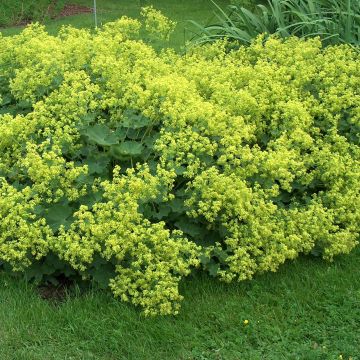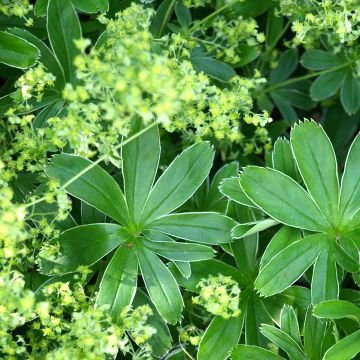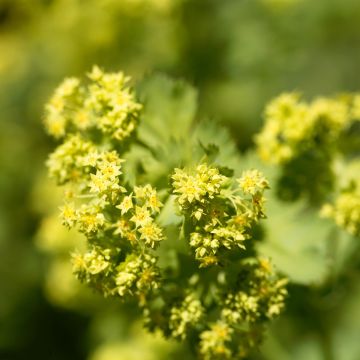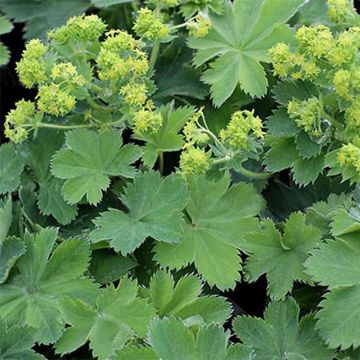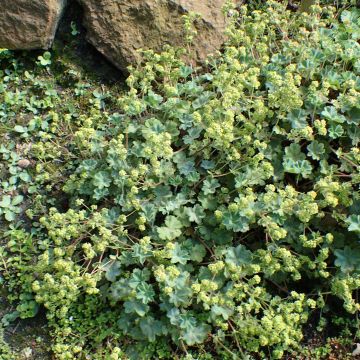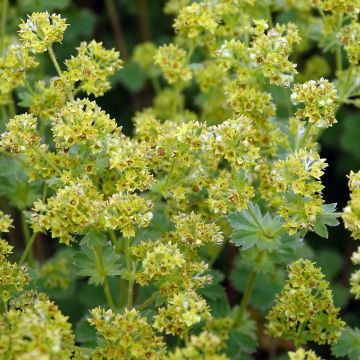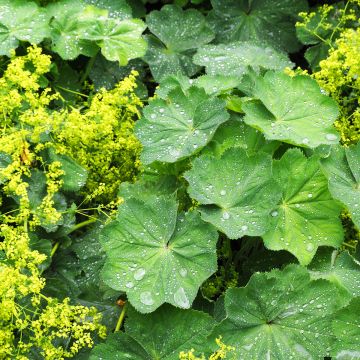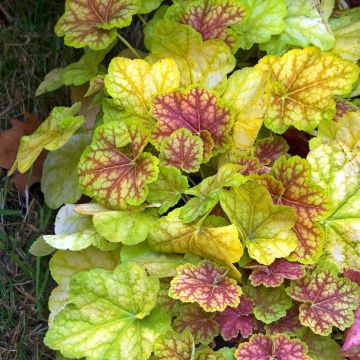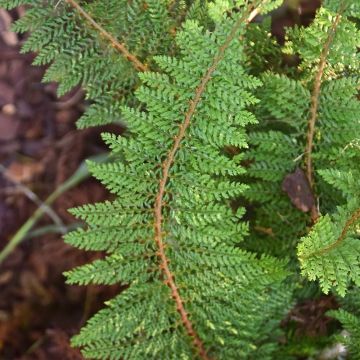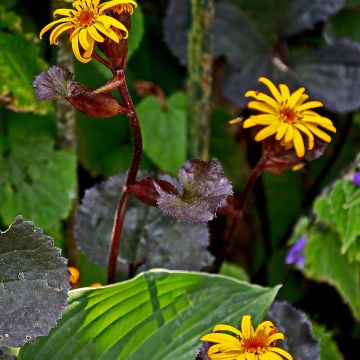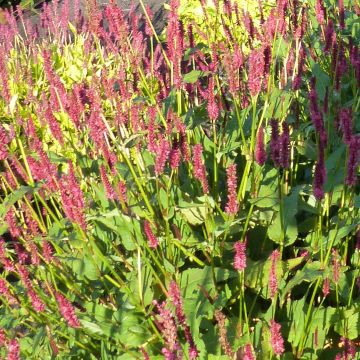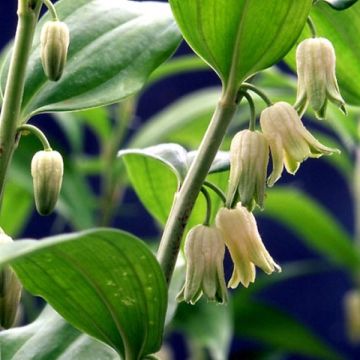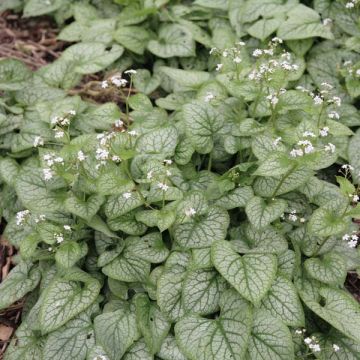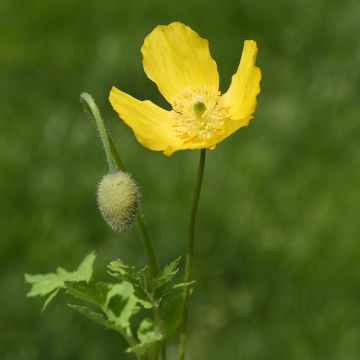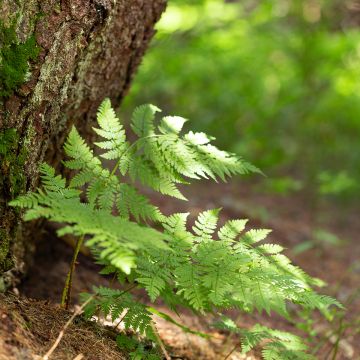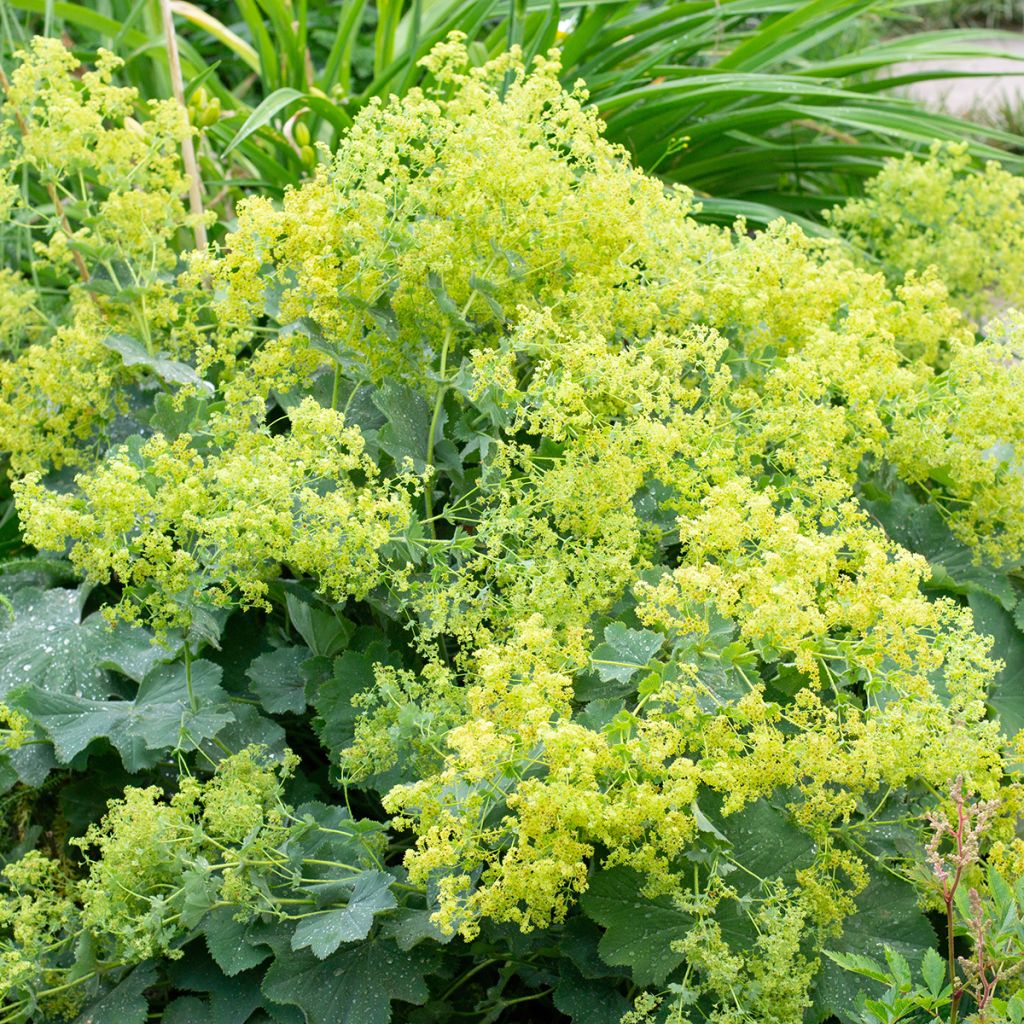

Alchemilla mollis
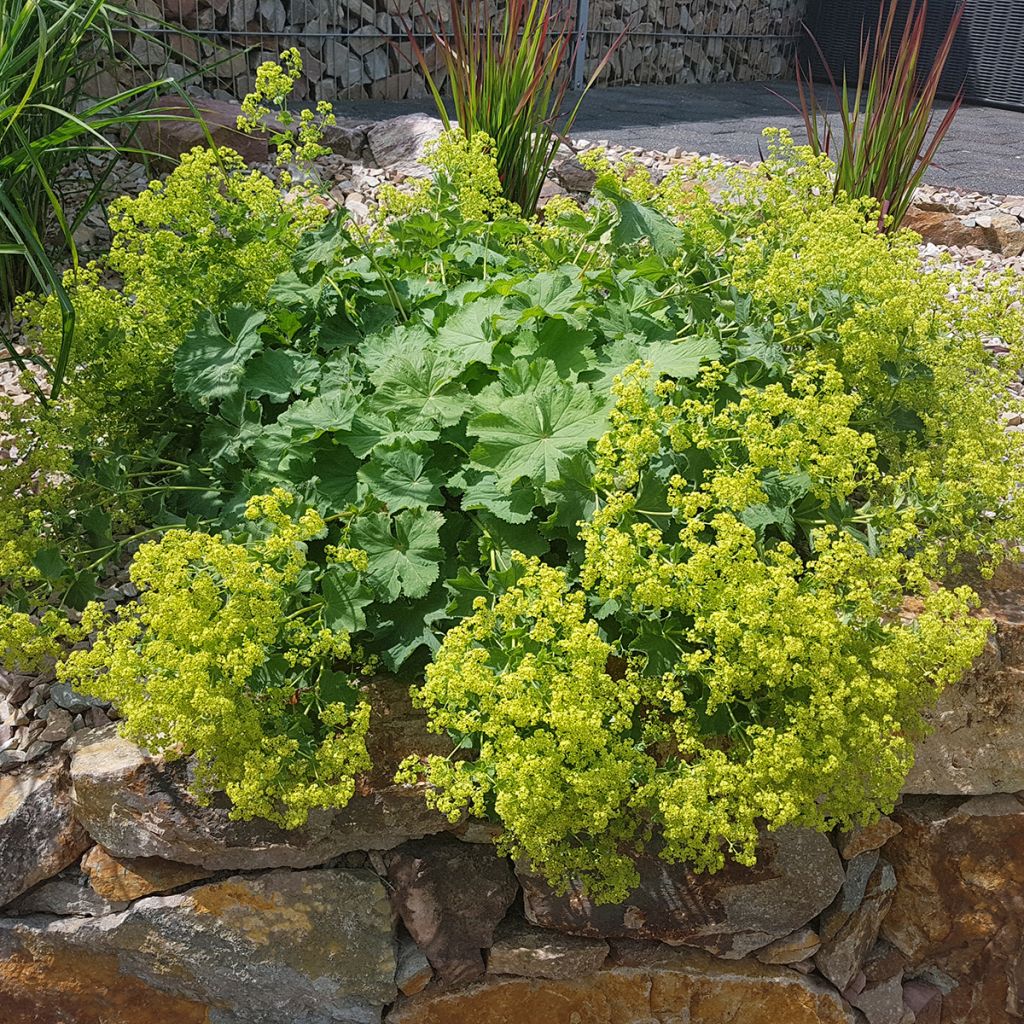

Alchemilla mollis
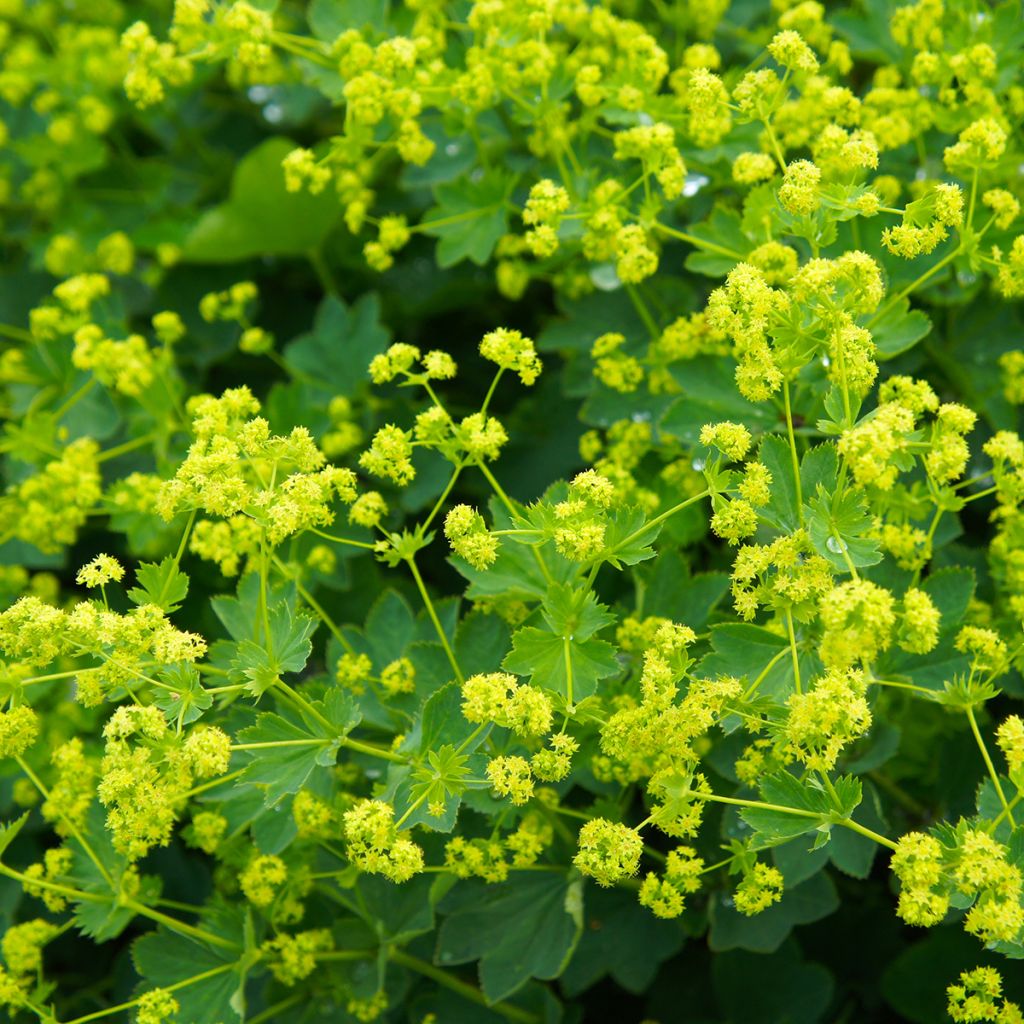

Alchemilla mollis
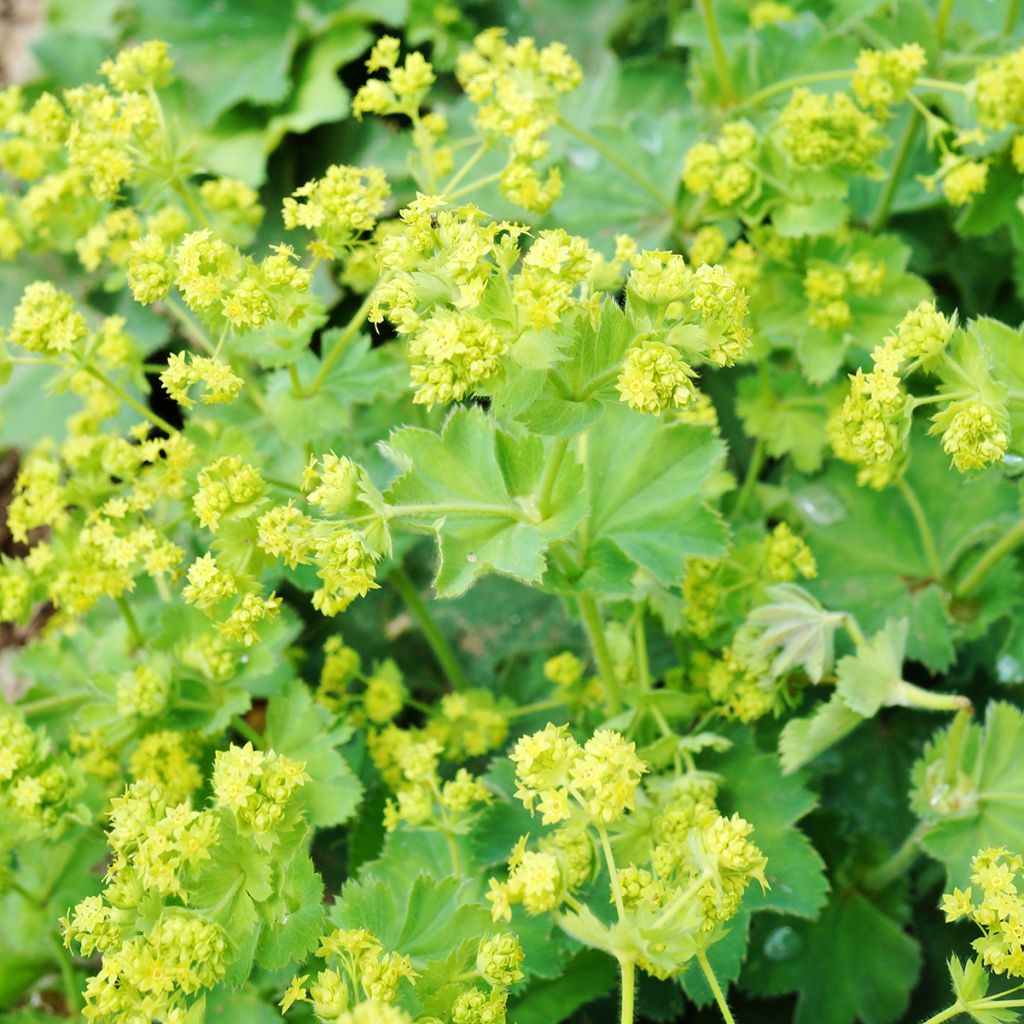

Alchemilla mollis
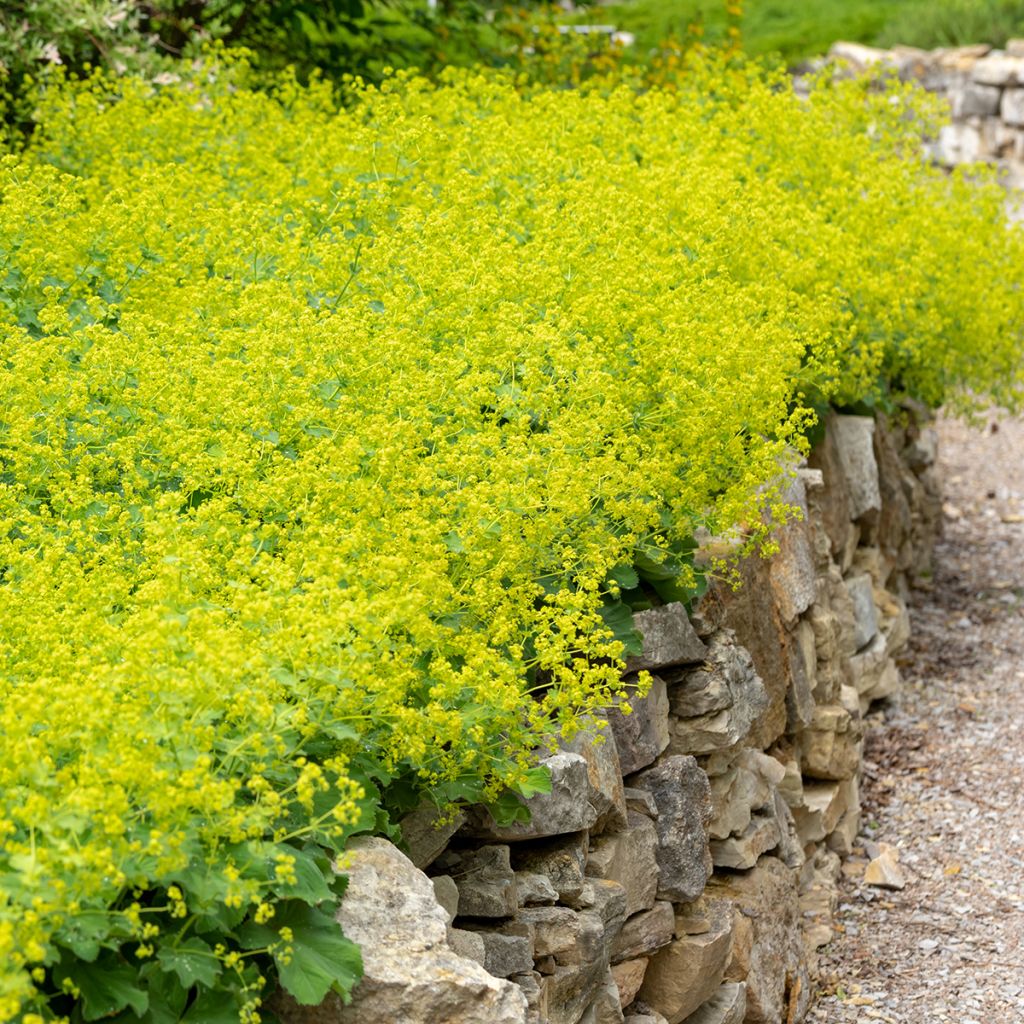

Alchemilla mollis
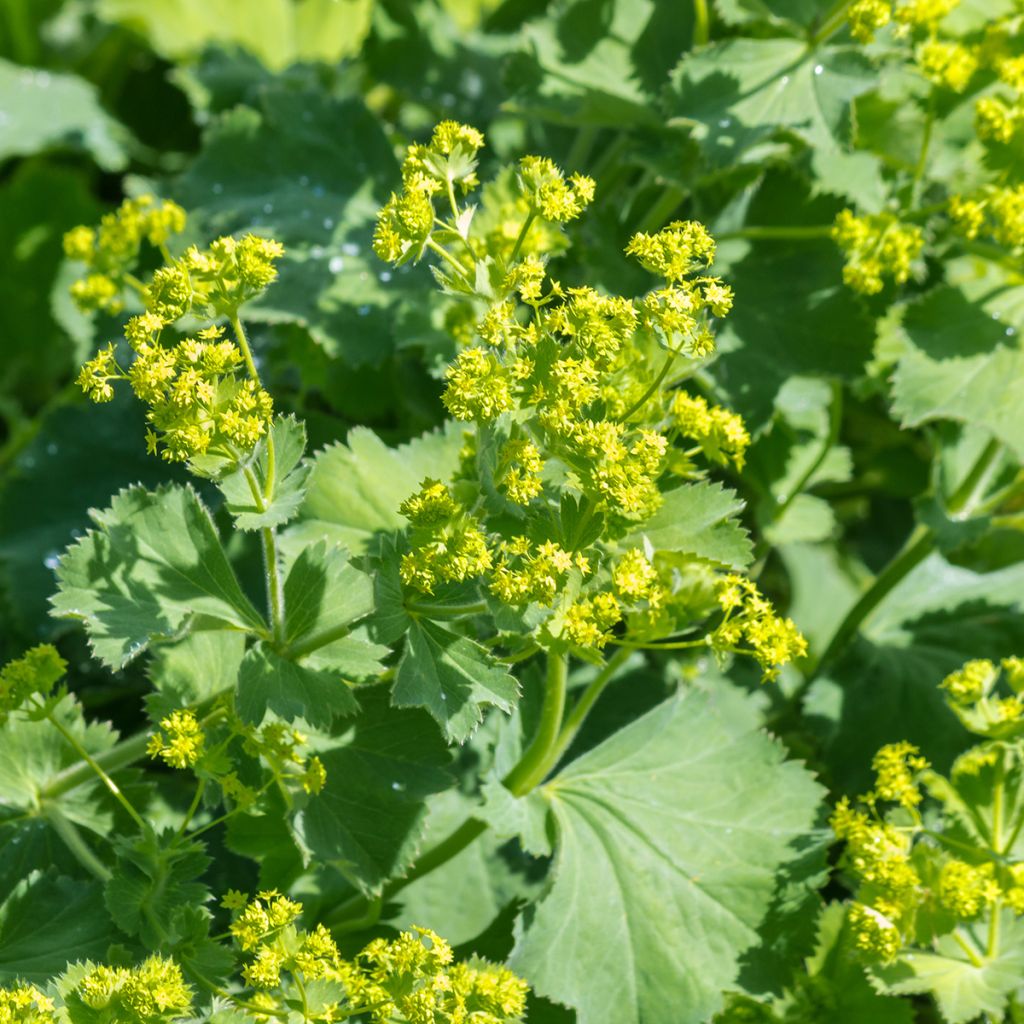

Alchemilla mollis
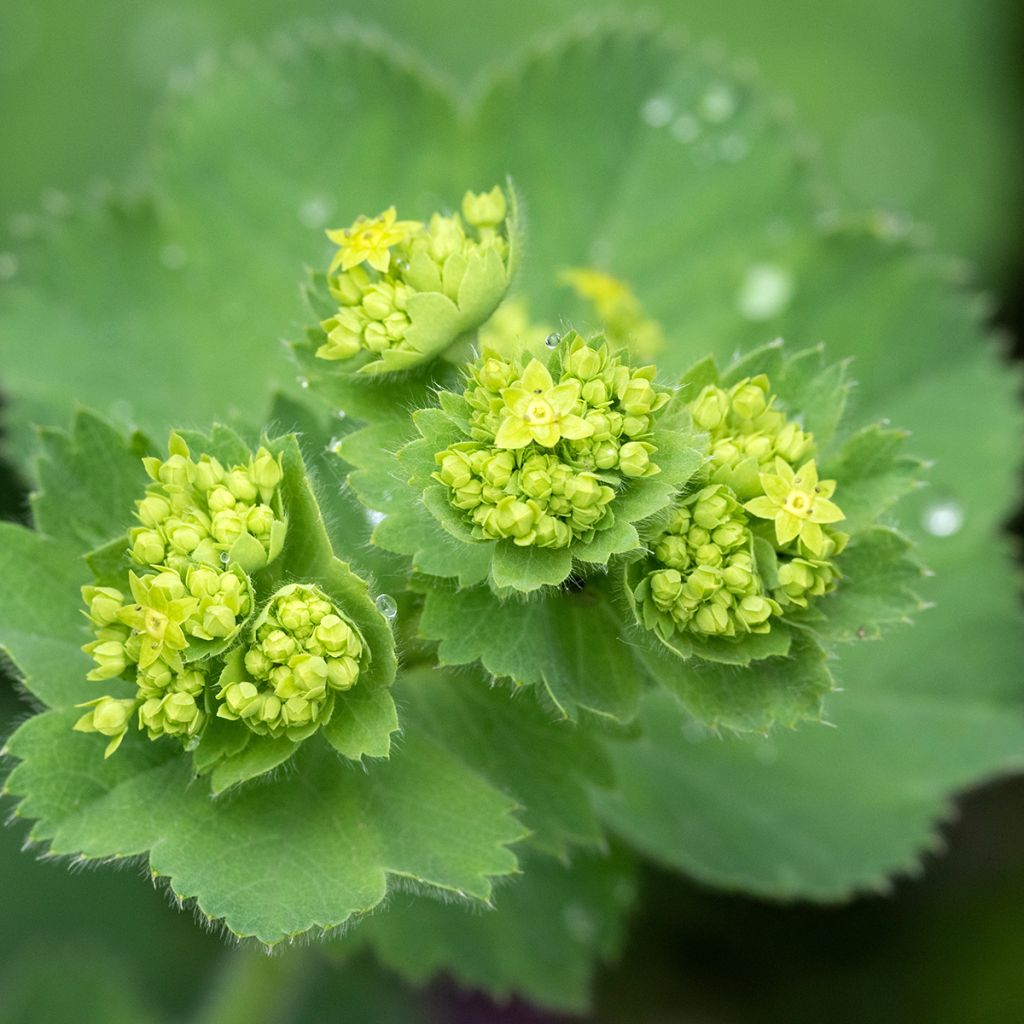

Alchemilla mollis
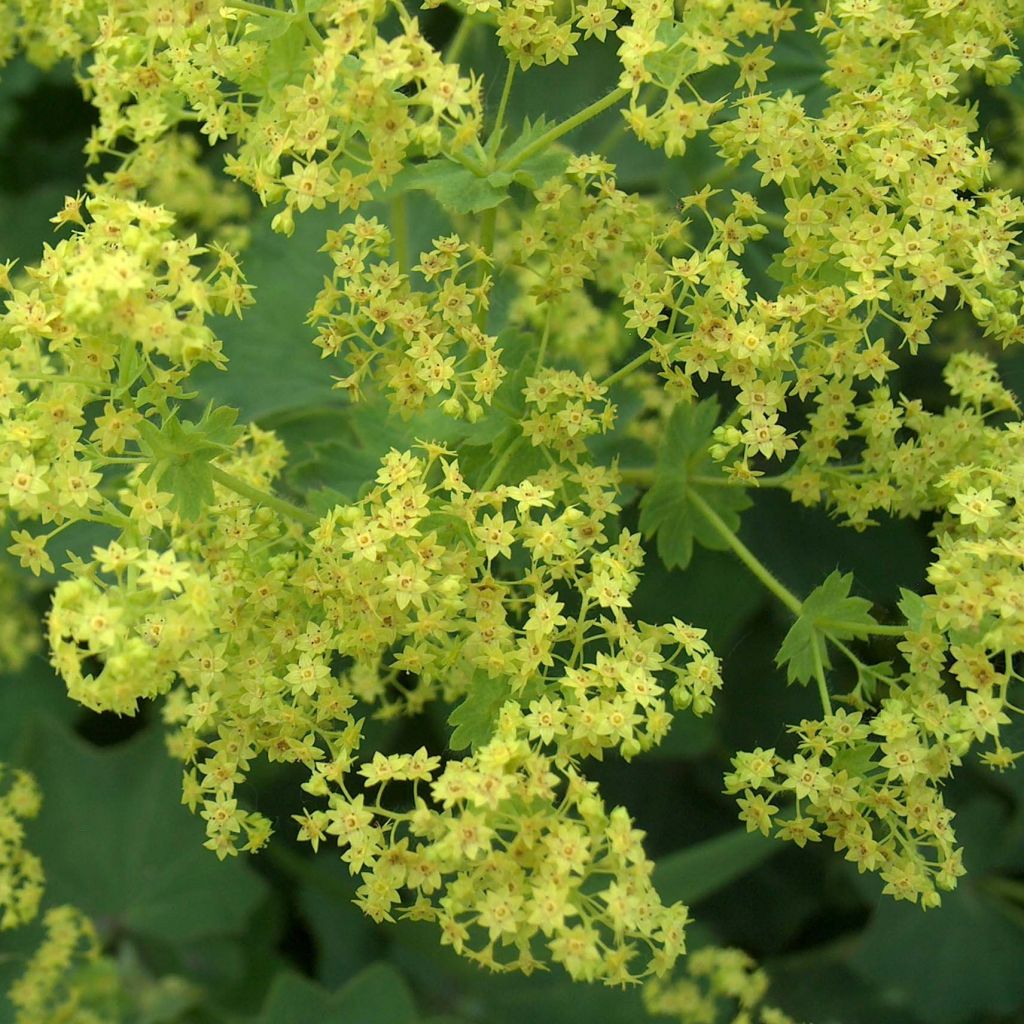

Alchemilla mollis
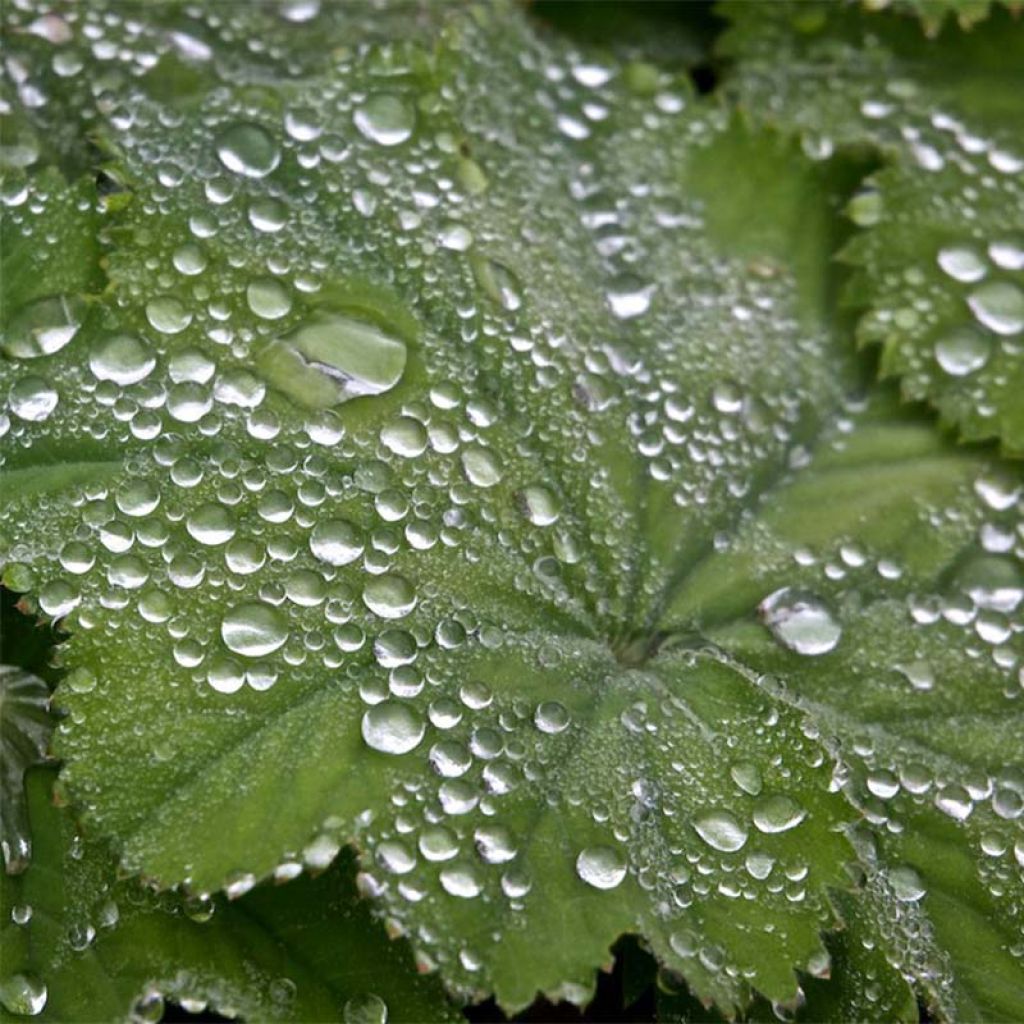

Alchemilla mollis
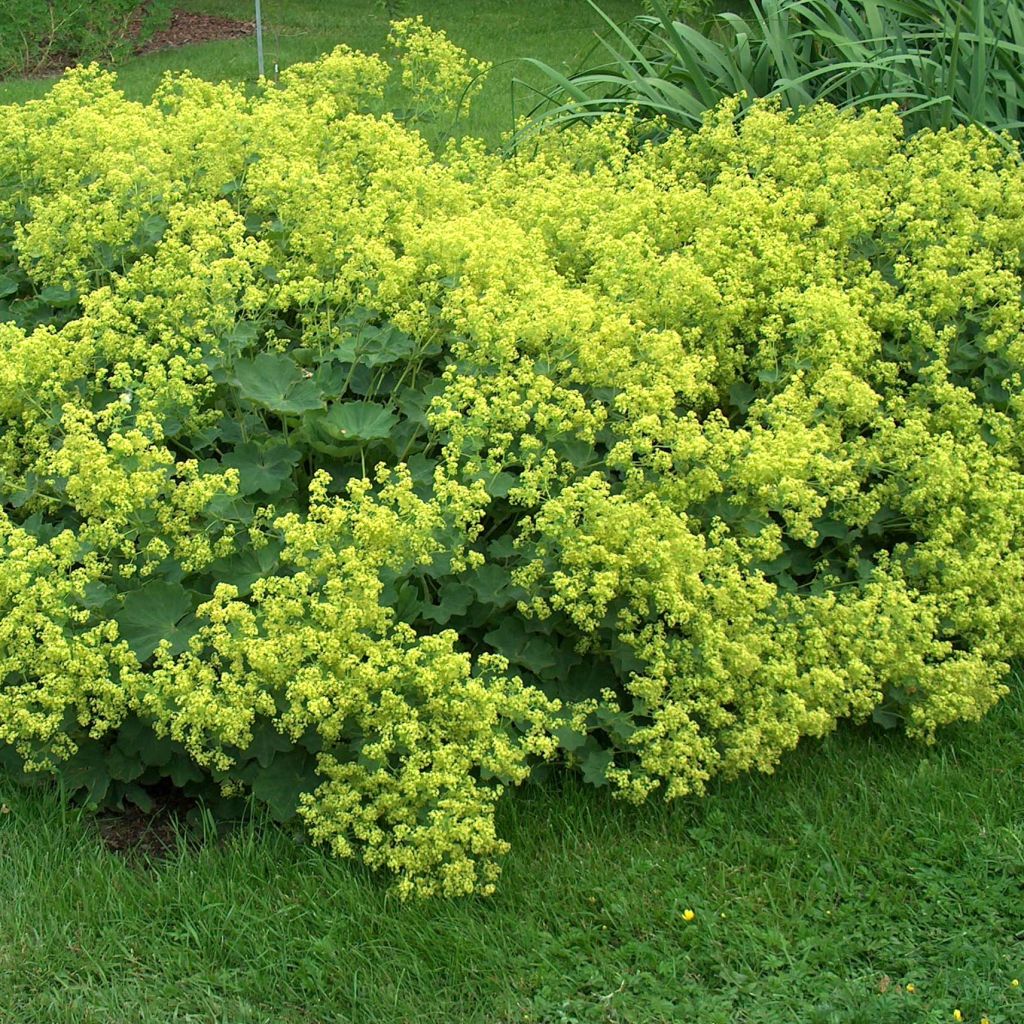

Alchemilla mollis
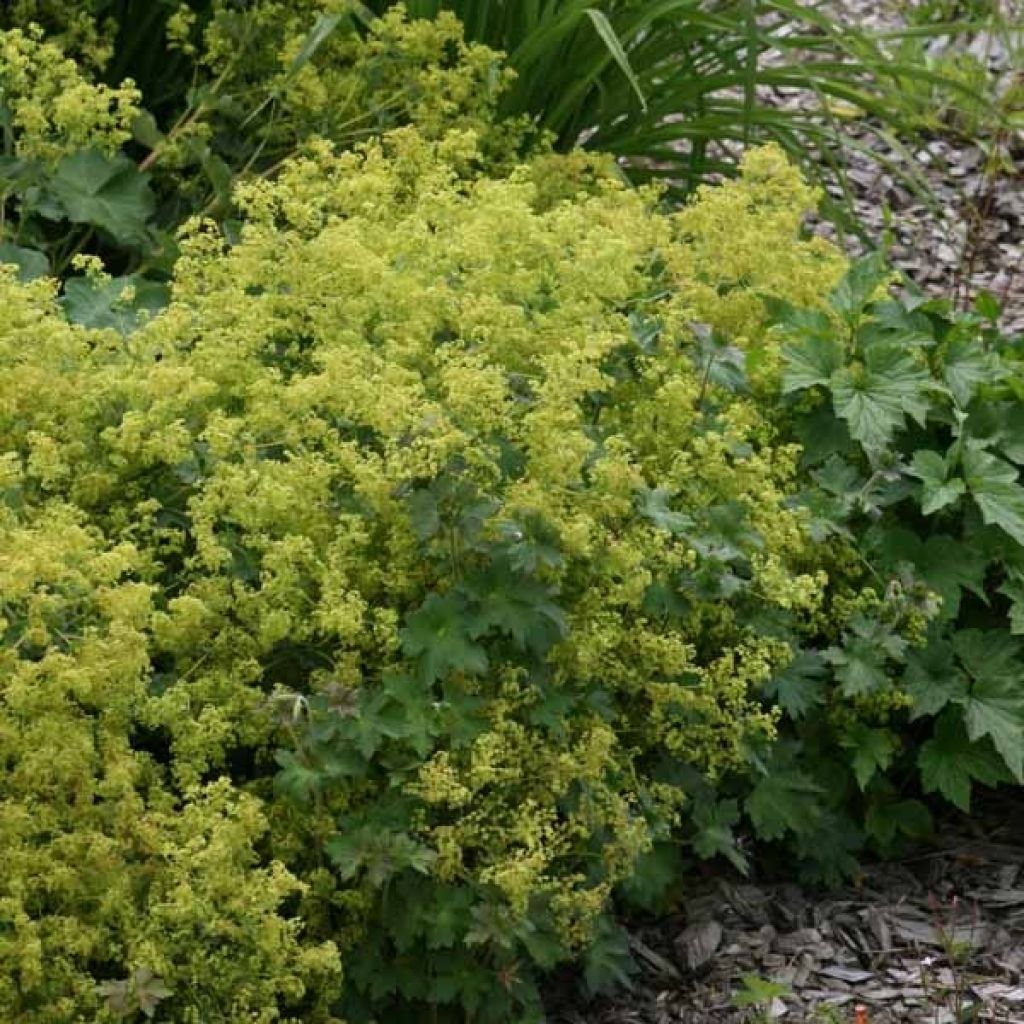

Alchemilla mollis
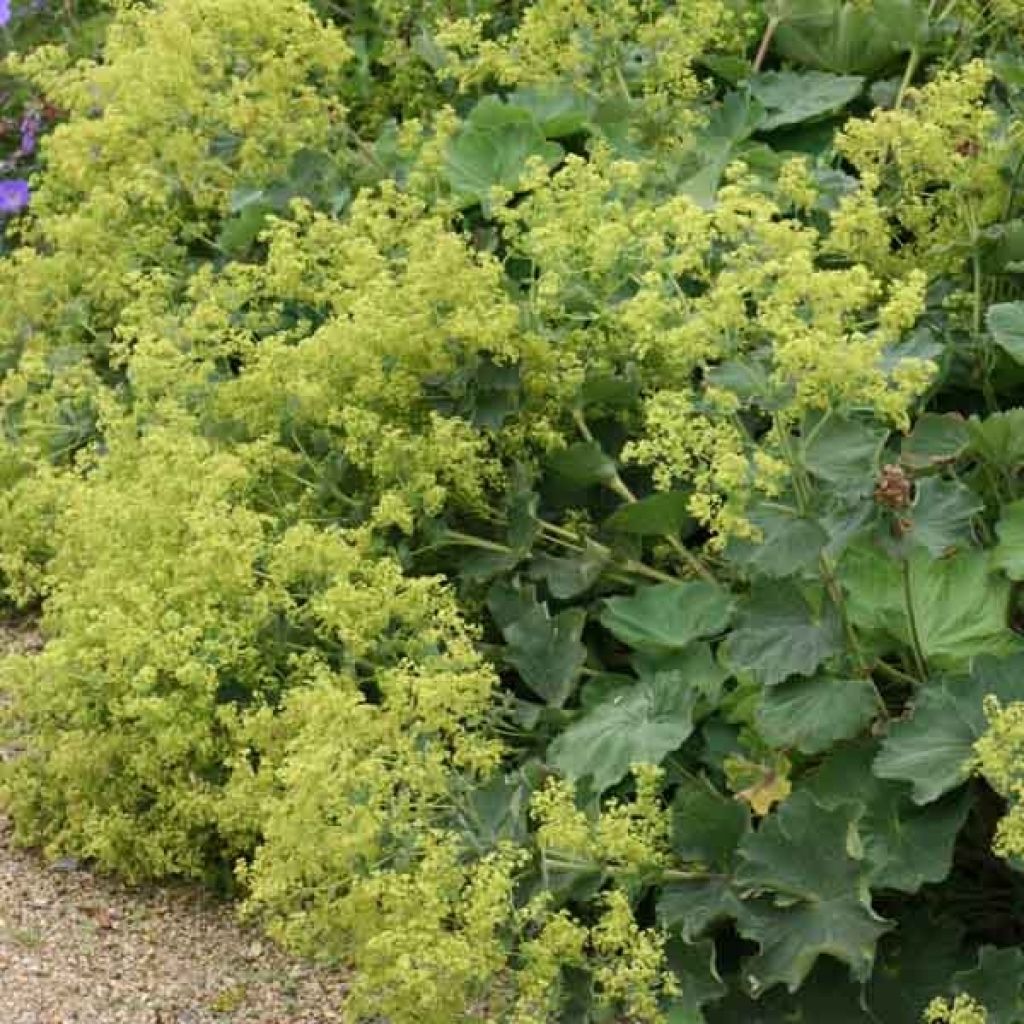

Alchemilla mollis
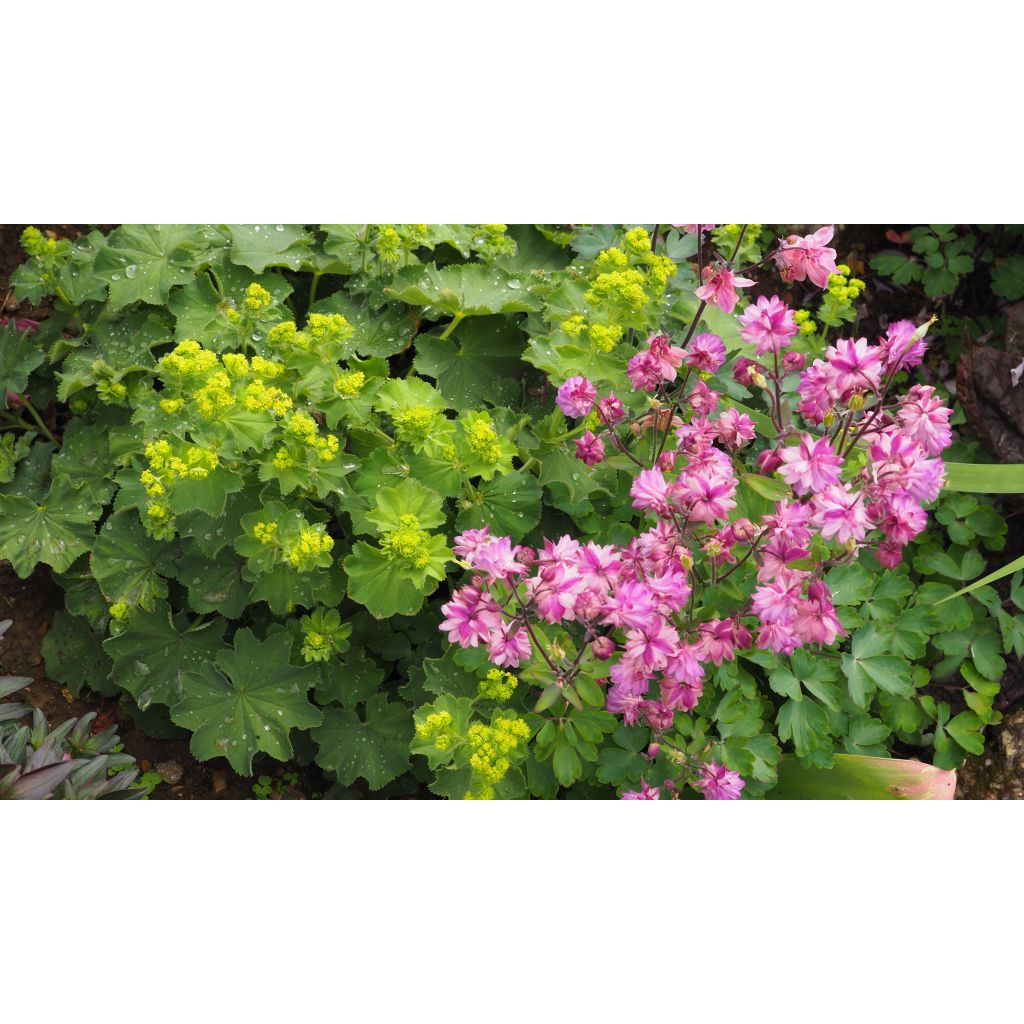

Alchemilla mollis
Alchemilla mollis
Alchemilla mollis
Alchémille molle, Manteau de Notre-Dame
The plant arrived quickly, in good condition, and has been planted in the garden; I will be ordering more. I'm waiting to see how well it adapts.
Martine, 02/11/2025
Special offer!
Receive a €20 voucher for any order over €90 (excluding delivery costs, credit notes, and plastic-free options)!
1- Add your favorite plants to your cart.
2- Once you have reached €90, confirm your order (you can even choose the delivery date!).
3- As soon as your order is shipped, you will receive an email containing your voucher code, valid for 3 months (90 days).
Your voucher is unique and can only be used once, for any order with a minimum value of €20, excluding delivery costs.
Can be combined with other current offers, non-divisible and non-refundable.
Home or relay delivery (depending on size and destination)
Schedule delivery date,
and select date in basket
This plant carries a 12 months recovery warranty
More information
We guarantee the quality of our plants for a full growing cycle, and will replace at our expense any plant that fails to recover under normal climatic and planting conditions.

Would this plant suit my garden?
Set up your Plantfit profile →
Description
The Alchemilla mollis is a charming ground cover plant known as the Our Lady's Mantle. This is probably due to its round and plicate leaves, which are a decorative glaucous green colour and have the extraordinary ability to retain raindrops and dew. As soft to the touch as it is pleasing to the eye, this perennial plant complements the other plants in its companion field, even in shallow soil. Hardy and sometimes evergreen in winter, it is covered in a mist of yellow-green flowers in summer, making it beautiful and decorative for a large part of the year.
The Alchemilla mollis, sometimes called soft alchemilla, is a herbaceous perennial plant of the rose family. It is native to Eurasia, from southwestern Europe to the Caucasus, and from Asia Minor in northern Iran to Japan. It prefers moist but well-drained and fertile clay soil, and thrives in partial shade.
This excellent ground cover spreads spontaneously, sometimes becoming invasive in favourable conditions. At maturity, the plant forms a spreading clump with a rounded and spreading habit, reaching a height of 40 to 50 cm (16 to 20in) and spreading at least as much. Its foliage consists of large circular velvety leaves, lobed, with a diameter of 5 to 8 cm (2 to 3in), finely plicate and dentate along the edges. The colour is a fairly light green, intermediate between chartreuse and anise, and slightly bluish or silvery depending on the lighting. The leaves have a strong water-repellent property, meaning they allow water to slide off and gather in droplets instead of spreading or absorbing it. This foliage will persist during winter in regions with milder climates, but will disappear elsewhere.
Flowering occurs in June-July. It takes the form of diffuse corymbose cymes, resembling loose cloudy clusters, with a yellow-green colour that is light and very bright, making them delightful in fresh or dried bouquets. This perennial plant often self-seeds spontaneously.
In nature, alchemilla grows in rocky and clayey soil in mountainous regions, in high-altitude meadows, and at the edge of forests. It is difficult not to find a place for it in the garden, as it is robust, adaptable, and easy to associate with various shrubs or perennial plants. It covers the ground, in full sun or partial shade, harmonizing its chartreuse flowering with beautiful English or old roses, as well as with majestic lilies. This plant has no rival in softening the appearance of a newly laid path or concealing bare soil around new constructions. It can grow in very little soil, as long as it is not too dry, which allows it to be planted in the gaps of paving stones, the crevices of stone walls, or the steps of a staircase. Alchemilla is also perfect with spring-flowering bulbs or autumn crocuses.
Beauty tip: In August, shear all the foliage of your alchemilla mollis with shears, and new foliage will appear within 15 days.
Etymology: The name Alchemilla derives from the Arabic word al-kemelih, related to alchemy. The dew drops collected on the leaves were used by alchemists to prepare the famous "celestial water" for the creation of the philosopher's stone.
Report an error about the product description
Alchemilla mollis in pictures


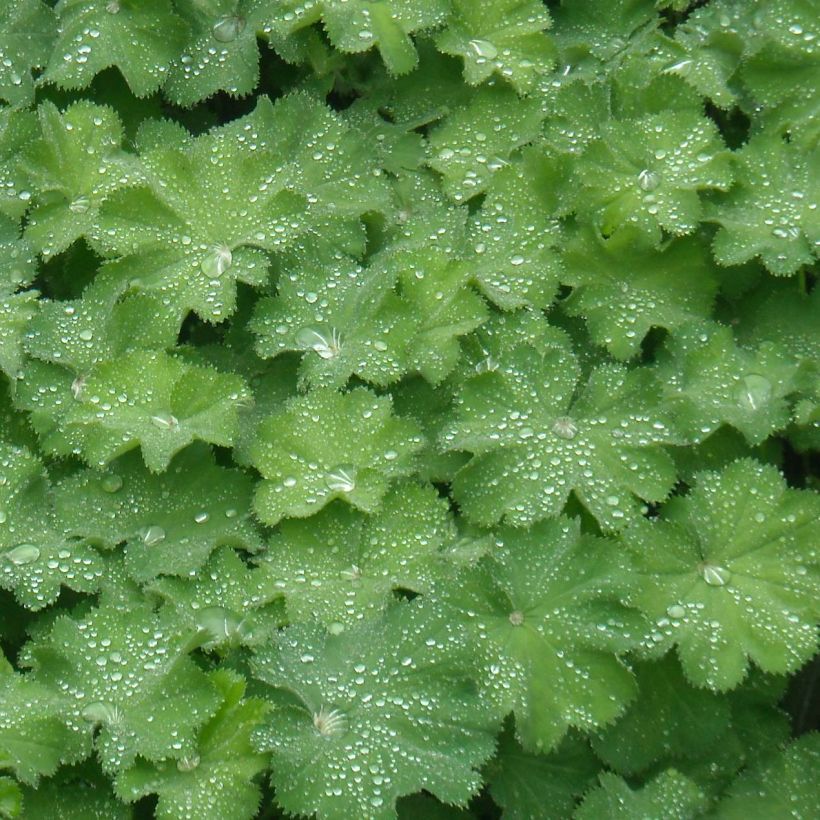



Flowering
Foliage
Plant habit
Botanical data
Alchemilla
mollis
Rosaceae
Alchémille molle, Manteau de Notre-Dame
Caucasus
Other Alchemilla
View all →Planting and care
Planting period
Intended location
Care
-
, onOrder confirmed
Reply from on Promesse de fleurs
Similar products
Haven't found what you were looking for?
Hardiness is the lowest winter temperature a plant can endure without suffering serious damage or even dying. However, hardiness is affected by location (a sheltered area, such as a patio), protection (winter cover) and soil type (hardiness is improved by well-drained soil).

Photo Sharing Terms & Conditions
In order to encourage gardeners to interact and share their experiences, Promesse de fleurs offers various media enabling content to be uploaded onto its Site - in particular via the ‘Photo sharing’ module.
The User agrees to refrain from:
- Posting any content that is illegal, prejudicial, insulting, racist, inciteful to hatred, revisionist, contrary to public decency, that infringes on privacy or on the privacy rights of third parties, in particular the publicity rights of persons and goods, intellectual property rights, or the right to privacy.
- Submitting content on behalf of a third party;
- Impersonate the identity of a third party and/or publish any personal information about a third party;
In general, the User undertakes to refrain from any unethical behaviour.
All Content (in particular text, comments, files, images, photos, videos, creative works, etc.), which may be subject to property or intellectual property rights, image or other private rights, shall remain the property of the User, subject to the limited rights granted by the terms of the licence granted by Promesse de fleurs as stated below. Users are at liberty to publish or not to publish such Content on the Site, notably via the ‘Photo Sharing’ facility, and accept that this Content shall be made public and freely accessible, notably on the Internet.
Users further acknowledge, undertake to have ,and guarantee that they hold all necessary rights and permissions to publish such material on the Site, in particular with regard to the legislation in force pertaining to any privacy, property, intellectual property, image, or contractual rights, or rights of any other nature. By publishing such Content on the Site, Users acknowledge accepting full liability as publishers of the Content within the meaning of the law, and grant Promesse de fleurs, free of charge, an inclusive, worldwide licence for the said Content for the entire duration of its publication, including all reproduction, representation, up/downloading, displaying, performing, transmission, and storage rights.
Users also grant permission for their name to be linked to the Content and accept that this link may not always be made available.
By engaging in posting material, Users consent to their Content becoming automatically accessible on the Internet, in particular on other sites and/or blogs and/or web pages of the Promesse de fleurs site, including in particular social pages and the Promesse de fleurs catalogue.
Users may secure the removal of entrusted content free of charge by issuing a simple request via our contact form.
The flowering period indicated on our website applies to countries and regions located in USDA zone 8 (France, the United Kingdom, Ireland, the Netherlands, etc.)
It will vary according to where you live:
- In zones 9 to 10 (Italy, Spain, Greece, etc.), flowering will occur about 2 to 4 weeks earlier.
- In zones 6 to 7 (Germany, Poland, Slovenia, and lower mountainous regions), flowering will be delayed by 2 to 3 weeks.
- In zone 5 (Central Europe, Scandinavia), blooming will be delayed by 3 to 5 weeks.
In temperate climates, pruning of spring-flowering shrubs (forsythia, spireas, etc.) should be done just after flowering.
Pruning of summer-flowering shrubs (Indian Lilac, Perovskia, etc.) can be done in winter or spring.
In cold regions as well as with frost-sensitive plants, avoid pruning too early when severe frosts may still occur.
The planting period indicated on our website applies to countries and regions located in USDA zone 8 (France, United Kingdom, Ireland, Netherlands).
It will vary according to where you live:
- In Mediterranean zones (Marseille, Madrid, Milan, etc.), autumn and winter are the best planting periods.
- In continental zones (Strasbourg, Munich, Vienna, etc.), delay planting by 2 to 3 weeks in spring and bring it forward by 2 to 4 weeks in autumn.
- In mountainous regions (the Alps, Pyrenees, Carpathians, etc.), it is best to plant in late spring (May-June) or late summer (August-September).
The harvesting period indicated on our website applies to countries and regions in USDA zone 8 (France, England, Ireland, the Netherlands).
In colder areas (Scandinavia, Poland, Austria...) fruit and vegetable harvests are likely to be delayed by 3-4 weeks.
In warmer areas (Italy, Spain, Greece, etc.), harvesting will probably take place earlier, depending on weather conditions.
The sowing periods indicated on our website apply to countries and regions within USDA Zone 8 (France, UK, Ireland, Netherlands).
In colder areas (Scandinavia, Poland, Austria...), delay any outdoor sowing by 3-4 weeks, or sow under glass.
In warmer climes (Italy, Spain, Greece, etc.), bring outdoor sowing forward by a few weeks.






























